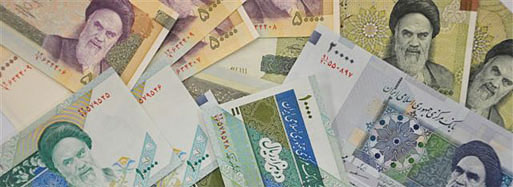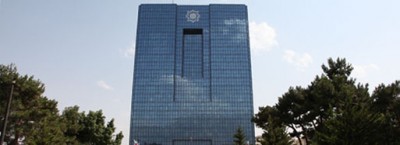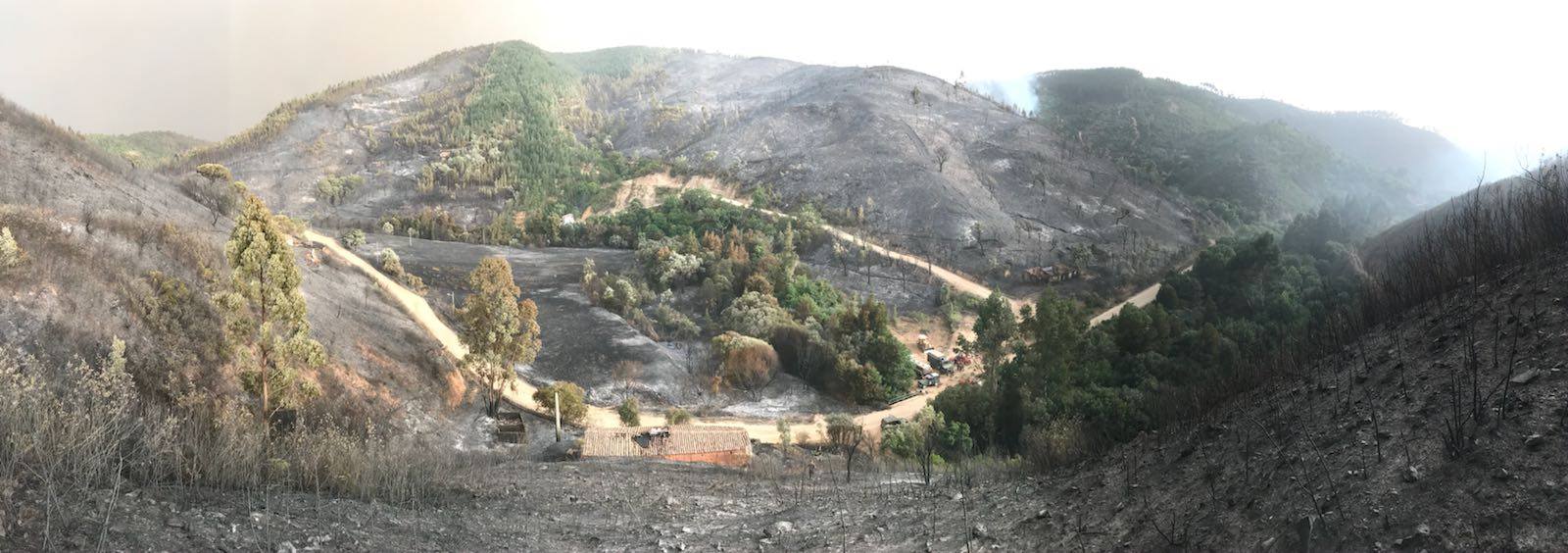The Iranian Central Bank in the sights of the 27 (Maj2)
 (BRUSSELS, exclusive) European Union ambassadors meet again - for the last time? - with the "Iranian sanctions" file on their table. The word sanctions must, in fact, be indicated with an "S", in the plural. Because it is not only a question of putting in place an oil embargo – which has been much talked about – but also of financial sanctions. By targeting the Iranian Central Bank, the 27 strike at the heart of the Islamic regime, which can thus limit its ability to act at the international level, particularly in the financial markets for the purchase of currencies. These sanctions could further aggravate the fall of the Iranian Rial, which has reached 18.000 rials for $1 on the black market, according to the agencies.
(BRUSSELS, exclusive) European Union ambassadors meet again - for the last time? - with the "Iranian sanctions" file on their table. The word sanctions must, in fact, be indicated with an "S", in the plural. Because it is not only a question of putting in place an oil embargo – which has been much talked about – but also of financial sanctions. By targeting the Iranian Central Bank, the 27 strike at the heart of the Islamic regime, which can thus limit its ability to act at the international level, particularly in the financial markets for the purchase of currencies. These sanctions could further aggravate the fall of the Iranian Rial, which has reached 18.000 rials for $1 on the black market, according to the agencies.
The 27 had already agreed on the principle of these sanctions last December. But there are still a few points under discussion, as confirmed by a diplomat to B2 this morning, even if the discussions have made good progress and the points of view have come closer. The compromise therefore seems within reach. The objective of European diplomats is thus to reach a total, or almost total, agreement before the meeting of Foreign Ministers on Monday 23 January.
Oil embargo: a question of dates
If the oil embargo seems acquired for the future as well as the current contracts, it is the date of application of the latter which still gives rise to discussions. The proposal referred to the date of July 1 - a date also chosen by the Americans - for application to current contracts. But this date seems too close for several states that depend on Iranian oil. And there is " no consensus yet explains an expert on the case to B2. The date of review of the decision, a more technical point but just as crucial, is also under discussion. The proposal mentioned the date of May 1, scheduled to assess whether countries dependent on Iranian oil had found alternatives or whether Iran had made progress...
Note that oil is not only affected by this decision but also petrochemicals. On the other hand, the gas is not concerned. Exports of equipment or investments in oil or gas installations are already prohibited.

Striking at the Heart of the Iranian State: Central Bank Transactions
The 27 also want to hit the Iranian Central Bank by allowing the freezing of its assets and part of its activities. The freezing of its assets in European banks seems certain: it will force the Iranian Central Bank to find other bankers. On the other hand, the total freezing of transactions (payment to the Central Bank, exchanges) - seems excluded. It is necessary to preserve the "commercial contracts" which remain "legitimate" believe most of the Member States. France would, apparently, according to our information, be the last State to still defend this option. The 27 should therefore instead adopt a partial freeze on transactions, “ authorized on a case-by-case basis » for activities that are not otherwise prohibited, so on condition that they do not contribute directly or indirectly to the nuclear program. It remains to fix the extent of this measure, and the procedure to be followed.
(Updated, Friday, Jan. 20 morning) The discussion between ambassadors on Thursday evening was short according to our information. The agreement on the Iranian Central Bank seems acquired, as confirmed by a senior European diplomat. As for the oil embargo, it is a " little more complicated » not from a political but technical point of view, on the application of the measure. The question of the fate of existing contracts remains under debate, but for only one country: Greece. The country is asking for an exception so that current contracts can continue “ until October 1 ". " It is above all a question of reassuring Greece and finding a solution for its case “A case expert told B2. Clear, " to find compensation ". What " takes a bit of time. We must therefore find a solution for Monday., reports a European diplomat. The ambassadors meet again in the morning just before the meeting of foreign ministers. The Foreign Ministers will then have a restricted session on this point.
Read also:
- Iran: how many divisions? in oil
- Sanctions against Iran: 500 names already on the blacklist
- The 27 call for sanctions against Iran. The watermark of the oil embargo
- The reinforced sanctions against Iran, the implementing text
- Case Sakineh: Europe must act stronger, asks France
- Iran: EU sanctions sec for lack of Iranian response
Documents: download the EU Council background press note on Iran

